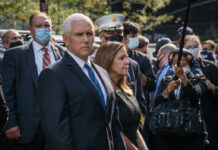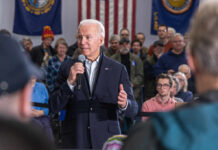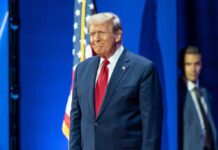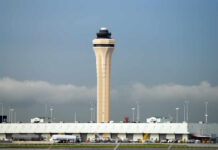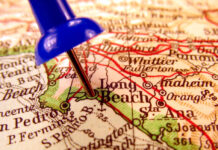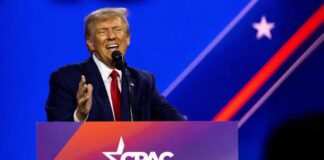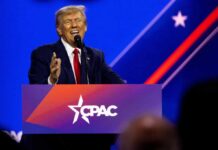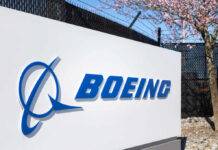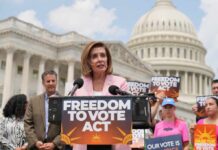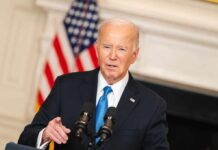
Democrat presidential contender Robert F. Kennedy Jr. will take a surprising step into traditionally conservative territory this month. He is slated to address the audience at the Conservative Political Action Conference (CPAC) in Las Vegas. This event predominantly features right-leaning speakers.
This decision to join CPAC puts Kennedy alongside staunch Republicans, including Texas Attorney General Ken Paxton and the anticipated Republican Senate nominee from Arizona, Kari Lake. The move has left many wondering about the broader implications for the Democratic Party and American politics.
Robert F. Kennedy Jr. is to Speak at CPAC in October
Click on the picture to read the article👇👇👇✋ https://t.co/9P5Onxp1QH
— Ben Owen🇺🇸🇮🇱 (@hrkbenowen) October 7, 2023
Matt Schlapp, CPAC Chairman, pointed out the significance of Kennedy’s participation. He stated, “Kennedy joining such an important event is a reflection of the splintering of the left-wing coalition that has gone full woke Marxist to the point that traditional liberals don’t feel welcome anymore.” Schlapp’s comments seem to underscore the ongoing fractures within the Democratic Party between its traditionalist faction and the more radical elements.
With Kennedy’s support among Democratic primary voters having peaked at around 21% earlier this year, according to an April Emerson College poll, his political journey seems to be taking an unconventional path. While still in the Democratic primary race against President Biden, Kennedy generated whispers about a potential switch. He’s hinted at a “major announcement” set for October 9 in Pennsylvania. Speculations suggest that this announcement might involve launching an independent candidacy. This move could dramatically shift the dynamics of the upcoming election.
In a statement regarding his upcoming announcement, Kennedy said, “I’m going to be in Philadelphia on October 9 to make a major announcement at the very birthplace of our nation.” He fueled the fire of anticipation by stating, “If you’ve been waiting to come to one of my public events, this will be the one to come to.”
Kennedy’s pivot toward independence and his decision to join CPAC might be a testament to his struggle with the established norms of Washington politics. He has expressed dissatisfaction by noting, “It’s not through playing the game by the corrupt rules that the corrupt powers and the vested interests have rigged to keep us all in their thrall.” His words suggest a desire to overhaul the prevailing political conventions.
CPAC will also feature GOP presidential hopeful Vivek Ramaswamy, who, according to Schlapp, has made a “massive impact on the political scene in a short amount of time.” Schlapp praised Ramaswamy as a figure who emerges from the business realm and stands boldly against the “woke agenda of corporate America.”
With CPAC traditionally being a platform that measures the pulse of conservative America — its annual straw poll is often seen as a predictor of Republican candidates’ viability — Kennedy’s presence indicates a potentially shifting landscape in American politics. It also possibly hints at a broader acceptance or a willingness to hear diverse voices, even those traditionally seen as adversaries.
The coming days, especially Kennedy’s announcement on October 9, will be crucial in determining the direction of the 2024 elections. With figures like Kennedy potentially bridging gaps between conservatives and liberals, it promises to be an election cycle unlike any other in recent memory.


